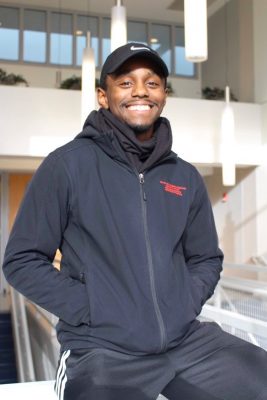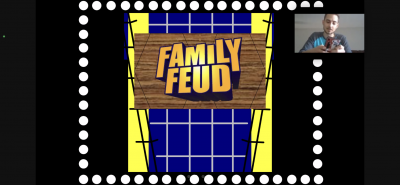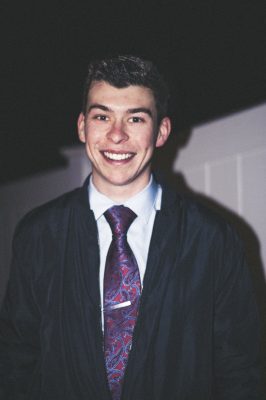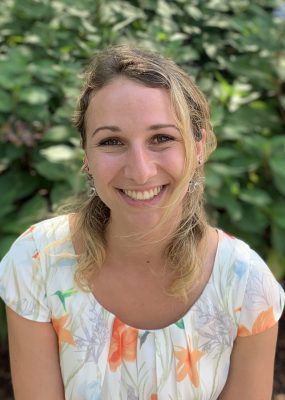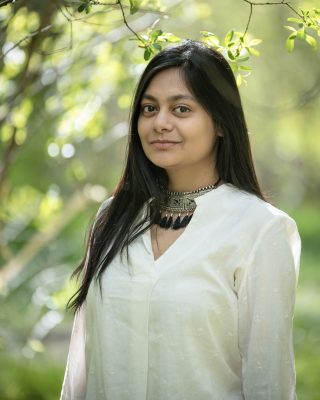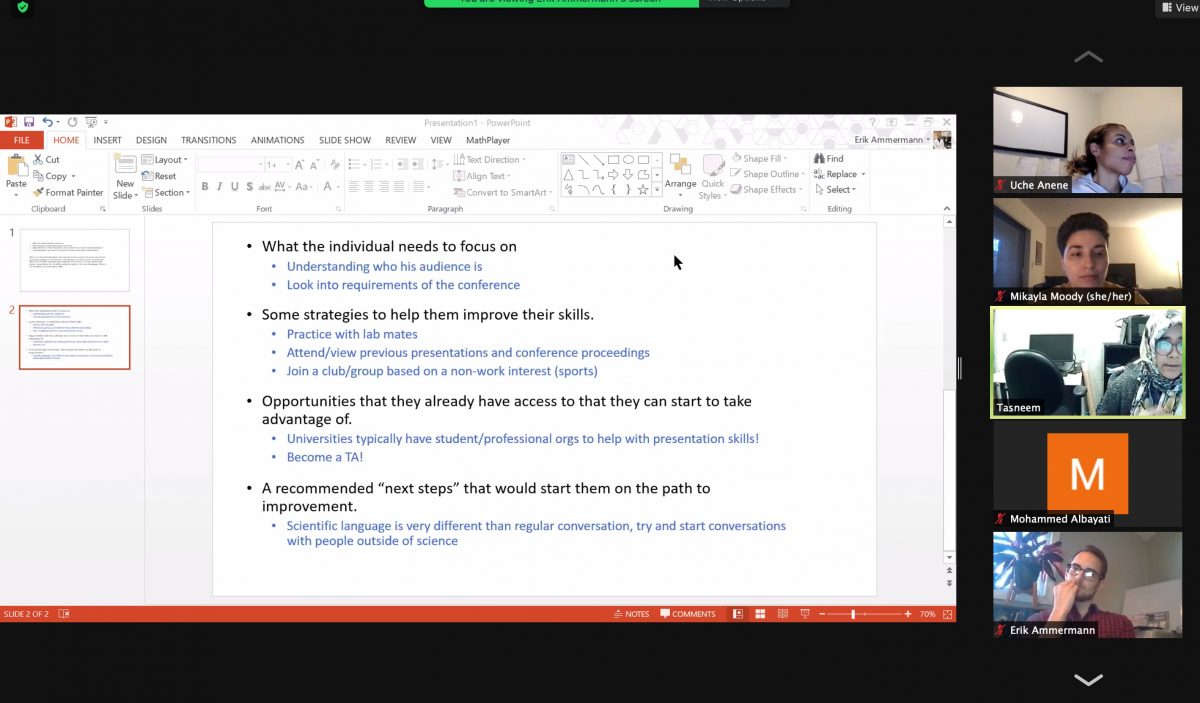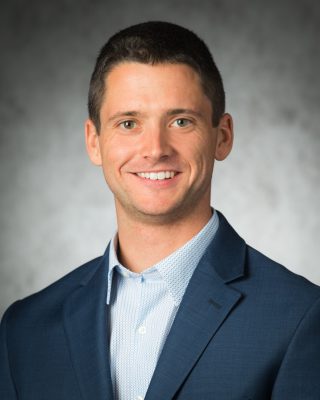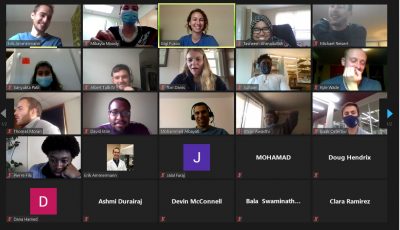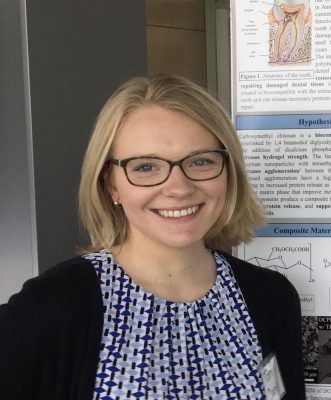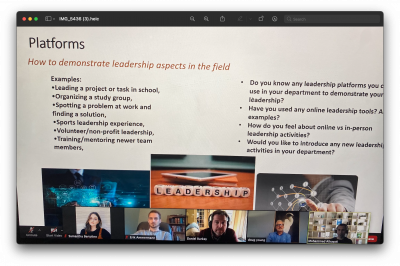
The “Leadership in Your Field” workshop was led by Mohammed Albayati and David Etim to examine the aspects of leadership encountered by aspiring graduate engineers in the academic and industrial workplace.
Hosts divided members into breakout rooms so they could discuss leadership themes and construct a pertinent list of panel questions as a group. The themes—mentorship, navigating hierarchy, platforms for leadership, democracy in the workplace and emotional intelligence—were then developed into summary slides for the panelists:
Doug Young, the VP Program Manager and Leadership Developer at Northrop Grumman, Armin Rad, the CEO and co-founder of Encapsulate, Leslie Shor, the Associate Dean for Research & Graduate Education, and Dan Burkey, the Associate Dean for Undergraduate Education and Diversity.
The first theme explored connections between mentee and mentor-specific skills. Several of these shared core items—listening actively, building trust, encouraging others, and identifying goals—were discussed in greater detail by the panelists. Doug Young described, “at the end of the day, it’s about relationships and developing those connections.”
Jim Collin’s pyramid of fundamental leadership—the highly capable individual, contributing team member, competent manager, effective leader, and finally, the top executive—embodied the ensuing theme of hierarchy. For reaching the pyramid’s highest level, an individual must be able to develop a company’s greatness through the “paradoxical combination of personal humility plus professional will,” according to Collins.
The next theme explored how one can demonstrate leadership aspects in the field through various platforms. This includes leading projects, organizing study groups, or training and mentoring newer team members.
The theme of democracy in the workplace discussed concepts such as equal opportunities and equal weight to the voices of employees of the same level.
In the final topic—emotional intelligence—panelists encouraged students to understand, use, and manage their emotions in positive ways to effectively reduce conflict. The four pillars—self-management, self-awareness, social awareness, and relationship management—allow leaders to develop a more connected and motivated company culture.
Each of these themes can help to guide better business outcomes, enhance morale among employees, and provide more productive teams. Leslie Shor advocates the greatest part of working as a leader to be “getting and giving constant emotional support.”
